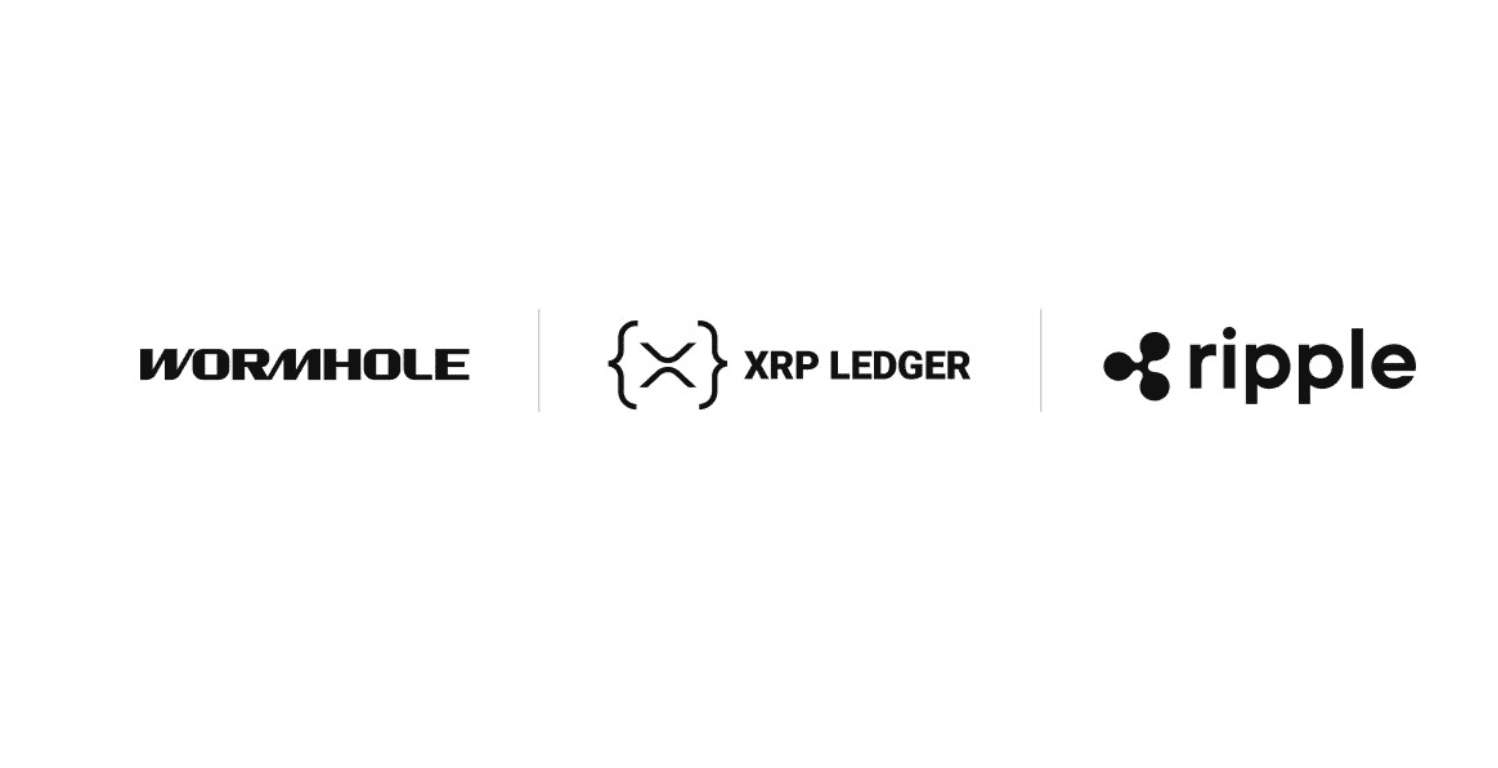Since early 2017, Ripple has published a quarterly report to voluntarily provide regular updates and commentary on a number of topics, including: the state of crypto markets, Ripple’s quarterly XRP sales, announcements regarding the decentralized XRP Ledger and other news from the broader XRP community.
In this report, Ripple will focus on the July 13, 2023 landmark court decision in Securities & Exchange Commission v. Ripple Labs Inc., that definitively declared that XRP is not a security. This report will debunk several misconceptions we’ve seen out there about that decision. We will also share certain metrics regarding Ripple’s XRP holdings from the past quarter.
While published in a good faith effort at transparency, these quarterly reports have been weaponized against the Company by the SEC. Ironic for an agency that touts transparency and disclosure. Accordingly, Ripple is re-evaluating the role and contents of this report going forward and will have updates on that front in Q3 2023. Rest assured, however, our original intent remains: to be transparent and raise the bar on transparency for the crypto industry as a whole.
Ripple’s Victory
The SEC’s case against Ripple was filed in December 2020. From the very beginning we said we would defend the case not only on our own behalf but on behalf of the entire crypto industry in the U.S. and that we would ultimately come out on the right side of the law. Over two and a half years later, Ripple, Chris Larsen, and Brad Garlinghouse have been vindicated.
On July 13 the Court unequivocally ruled that XRP, in and of itself, is not a security. XRP, along with BTC, are now the only two digital assets in the U.S. with that clarity although the Court’s decision sets a key precedent that other market participants can rely on.
The SEC’s misguided campaign of regulation by enforcement has been exposed for what it is — a strategy of intimidation and misinformation in furtherance of its own quest for political power. Mr. Gensler’s oft repeated statement that all crypto tokens except Bitcoin are securities subject to the SEC’s jurisdiction has now been firmly debunked.
Not only has the Court spoken, but the market has spoken as well. Shortly after the decision was issued, several cryptocurrency exchanges, like Coinbase, Kraken and Bitstamp made XRP available for trading on their U.S. platforms and XRP was amongst the top three digital assets (by trading volumes).
To summarize, here are the main takeaways from the Court’s ruling:
XRP is not in and of itself a security
Ripple’s sales of XRP on exchanges – not securities
Ripple’s sales of XRP by executives – not securities
A wide range of other Ripple’s XRP distributions – to developers, to charities, to employees – not securities
Certain Ripple sales pursuant to written contracts were investment contracts and therefore securities (more on this later).
Misconceptions About The Ruling
We have seen a number of misconceptions out there following the decision and wanted to set the record straight.
This case has always been about getting clarity about the regulatory status of XRP in the U.S. Ripple has stated since day one that XRP is not a security and the Court vindicated that position. In so doing, the Court also laid the groundwork for others to determine that other tokens, in and of themselves, are not securities. The decision is a resounding win for Ripple and the industry more broadly.
Not so. XRP itself is never a security. As the Court said, “XRP, as a digital token, is not in and of itself … an investment contract” and thus, not a security. While XRP (just like an orange grove or a gold bar) – when coupled with promises can be sold as an investment contract – the XRP (or the orange grove or the gold bar) itself does not magically transform into a security in those situations.
Whether or not something is an “investment contract” requires an analysis of each transaction to determine whether an investment of money was made in a common enterprise and the buyer is led to expect profits based on the efforts of the seller or a third party. Take the orange grove example (from the seminal Supreme Court Howey case). Alone, an orange grove is not a security, but it is possible to bundle the orange grove with other promises, rights and obligations in a sale for money and that entire bundle forms the investment contract. But even then, the orange grove is still an orange grove.
The statement that the same “thing” can be sold to buyer “A” as part of a simple buy/sell transaction and also sold to buyer “B” as part of an investment contract is a non-controversial statement of the law. What finds no basis in the law is the SEC’s propaganda to the contrary.
The existence of an investment contract — a special type of security separately defined by law — must be determined on a transaction-by-transaction basis. This is different for a traditional share of stock which, under the law, is always a security. If you own a share of stock in a company, the company owes you a fiduciary duty and you can hold the company accountable if they don’t fulfill those obligations. That’s true no matter how you bought the stock or who sold it to you.
The Court did not say that only sophisticated institutions should be protected and not retail buyers. The Court ruled on the reach of the SEC’s jurisdiction, which stops once there are no securities to regulate. Where there is no investment contract, there is no security; and where there is no security, there is no role for a securities commission. Like a hammer, the SEC wants everything to be a nail (or in this case a security), but the law does not go as far as the SEC would like it to go.
Consumers need protection, but not all roads lead to the SEC. If the SEC’s overreach has exposed a regulatory gap, that gap is not for a court to fill (and certainly not for the SEC to fill without legal authority). Protecting retail crypto traders is an important policy goal that is best addressed through thoughtful legislation. Ripple cooperates with regulators all over the world and will continue to work hard for a clearer and more complete legislative construct in the U.S.
Remember there were no allegations of fraud in Ripple’s case, but in other cases where there is fraud, we have seen no shortage of law enforcement agencies exercising lawful jurisdiction to combat that fraud.
But the SEC’s regulation-by-enforcement campaign was never the right approach to protect anyone. In fact, the SEC’s approach has only repeatedly hurt the retail consumer. When the SEC sued Ripple in 2020, $15B in XRP market cap was eviscerated, at the expense of countless XRP holders. If the SEC was truly the lawful cop on the crypto beat, how (and why) did it miss the FTX debacle? If the SEC cared about the retail consumer why did it drive BlockFi into bankruptcy, leaving the retail trader holding the bag while the SEC collected fines so it could grab headlines?
Since the SEC filed suit in December 2020, the vast majority of Ripple’s customers and counterparties have been outside the United States. Ripple’s foreign businesses continue to partner with those non-US parties in jurisdictions where the regulations are clear. As the Judge notes in her decision, multiple foreign regulators, including regulators in Japan, Singapore, Switzerland, the UAE and the UK, had determined that XRP was not a security.
In addition, one of Ripple’s affirmative defenses in this case has always been that even were the Court to find that certain sales of XRP constituted an investment contract and therefore a security, those sales may nonetheless be exempt from the registration requirements of the Securities Act for a whole host of reasons, including, but not limited to, the sophistication of the counterparty to the transaction.
The SEC moved for summary judgment on Ripple’s fair notice defense, which was based, among other things, on internal emails from the SEC indicating that its then-head of Corporate Finance ignored multiple warnings that his speech contained analysis divorced from the Howey factors and would create “greater confusion.”
The Court ruled against Ripple on its fair notice defense as to Ripple’s “Institutional Sales” only, and left open the fair notice defense as to the other types of transactions at issue in the case. Why? As the Court noted, “the SEC’s theories as to the other sales in this case are potentially inconsistent with its enforcement in prior digital asset cases.” This provides a roadmap for others in the industry to assert the defense if the SEC makes similarly baseless theories.
Ripple’s XRP Holdings
Lastly, as we indicated, this quarter we are sharing information about the XRP that Ripple holds (as of March 31, 2023 and June 30, 2023).
The XRP that Ripple has falls into two categories: XRP that it currently has available in its wallets, and XRP that is subject to on-ledger escrow lockups that will be released each month over the next 42 months. For this latter category, Ripple does not have access to that XRP until the escrow releases to Ripple on a monthly basis. The vast majority of the XRP released is put back into the escrow.
March 31, 2023TOTAL XRP HELD BY RIPPLE: 5,506,585,918TOTAL XRP SUBJECT TO ON LEDGER ESCROW: 42,800,000,013
June 30, 2023TOTAL XRP HELD BY RIPPLE: 5,551,119,094TOTAL XRP SUBJECT TO ON LEDGER ESCROW: 41,900,000,005
*This report has been updated on August 2nd, 2023 to reflect the latest information.











